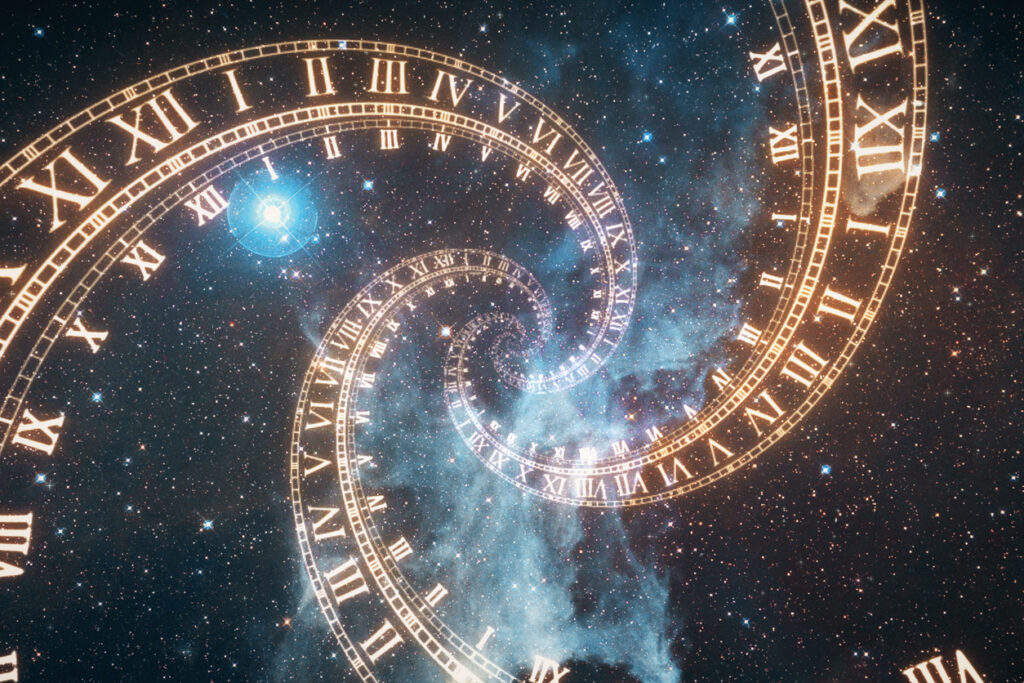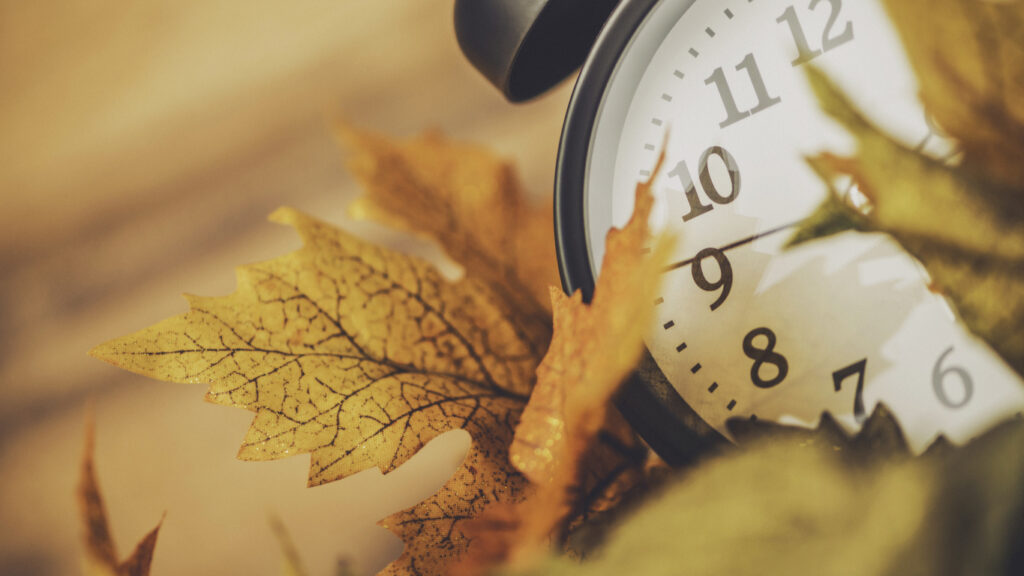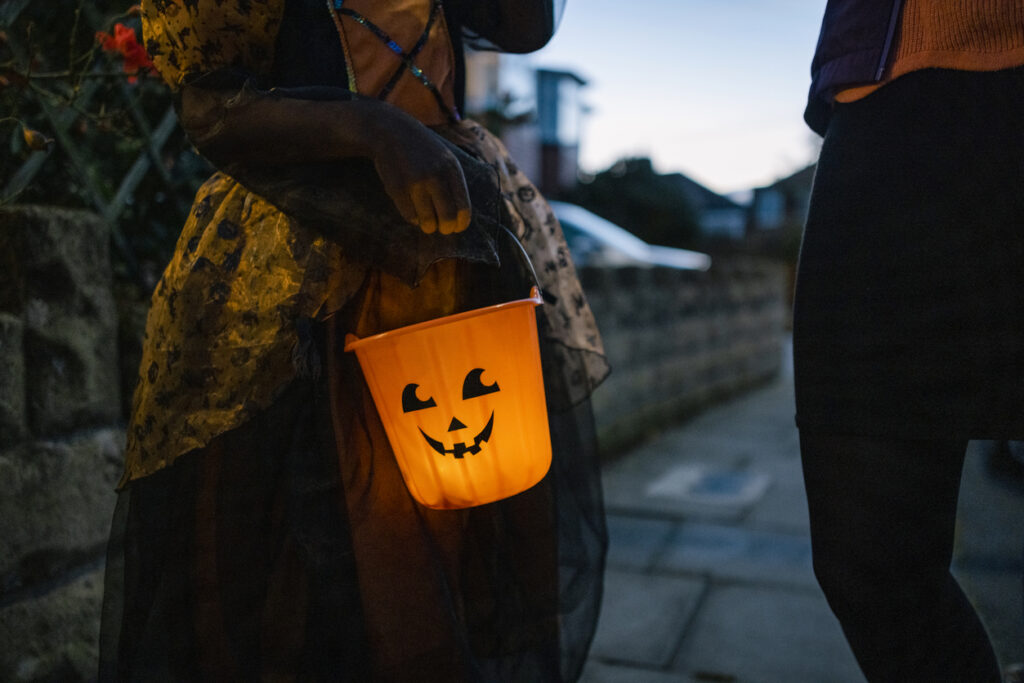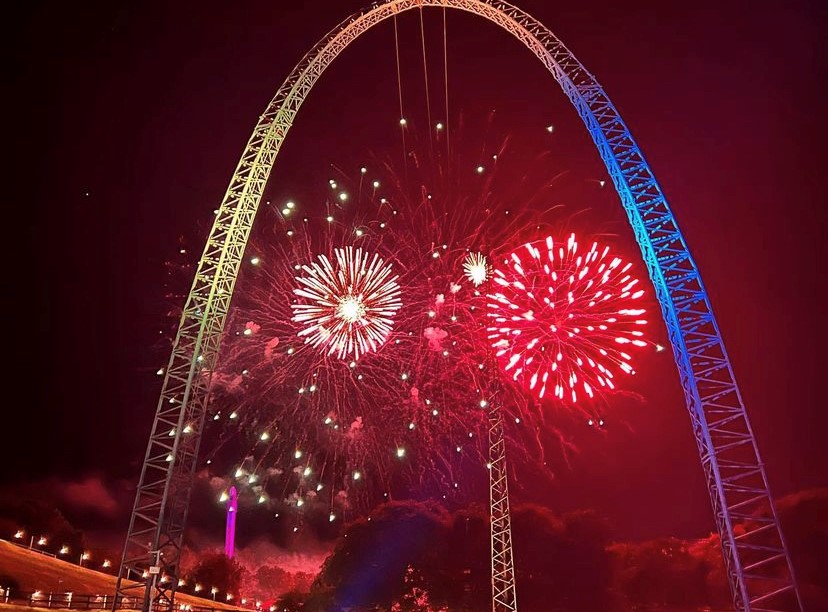Ready to Time Travel? All About the Autumn Clock Change!
2 October, 2023
It’s nearly that time of year again when we fall into autumn, with the clocks set to go back one hour in October marking the end of British Summer Time (BST). But what do you really know about the great autumn clock change? And why is it an occasion to celebrate, not dread?
Here, we’re taking a closer look at why the clocks change in the UK, including the origins of Daylight Saving Time. Plus, with dark nights right around the corner, we’ll share some of the things we’re most looking forward to as the warmer months make way for autumn and winter.

When do the clocks change in the UK?
“Spring forward, fall back” – this is the perfect way to remember when the clocks change in the UK. Our clocks change twice a year – once in March when we set the time forward by an hour, and again in October, when we move the hour hand back.
The date that the clocks change differs slightly each year, but it always happens on the last Sunday of the month. So, whether you can’t wait for BST to begin or are dreading the day that it ends, all you need to remember is that the clocks change on the last Sunday of March and October respectively.
Why do we change the clocks in the UK?
Our clocks haven’t always changed in the UK, although they have in recent history. The concept of “Daylight Savings” has only been around for 116 years, with Edwardian builder, William Willett, introducing the idea in 1907.
Recognising a need to conserve energy and burn less coal, Willett launched a campaign to change the clocks during the darker winter months – effectively adjusting the hours of daylight. His idea was brought before the government but not immediately actioned. It was only in 1916, with the First World War raging in Europe, that Willett’s idea was taken seriously, culminating in the introduction of Daylight Savings Time.

Since then, British Summer Time has been observed every year, with the clocks put forward by an hour in spring and then back again in autumn. There have been a few campaigns to get rid of Daylight Savings over the years, mainly because there’s no real evidence to suggest that it’s of any benefit, but the tradition continues and shows no sign of being axed anytime soon.
Do all countries change their clocks?
No, not by a long stretch! While all European, North American, and South American countries change their clocks just like we do in the UK, plenty of others don’t. So, if you find yourself in a country with no Daylight Savings Time, like China, for instance, you’ll need to account for the fact that their clocks don’t change when working out the time difference.
Why the clocks changing in autumn is not a bad thing
We get it: dark nights aren’t all that fun. When the clocks change at the end of October, it can be a real shock to the system. But don’t wallow in the gloom because, in our opinion at least, the end of BST marks the beginning of one of the most exciting times of the year.
Why? Well, let us fill you in, as we take a look at five reasons why we’re always excited for the big autumn clock change.

1. Halloween and the Oakwood Theme Park Spooktacular
The annual autumn clock change pretty much coincides with Halloween each year, adding an extra air of mystery and magic to those early autumn evenings. And as if that wasn’t exciting enough, this is also the time when Oakwood Theme Park plays host to Spooktacular, our annual All Hallows’ Eve extravaganza.
2. The most beautiful time of the year
Autumn is arguably the most beautiful season of the year, and the prettiness peaks around the time that the clocks change. Even here at Oakwood Theme Park, our park is transformed as autumn takes hold, with the magical hues of the season making the Pembrokeshire countryside that much more spectacular – if that’s even possible.
3. Bonfire Night and firework season
Of course, one of the staple events of autumn is Bonfire Night, which just wouldn’t be the same without the clocks changing. Here at Oakwood Theme Park, we celebrate our end of season with a Firework Spectacular. Typically falling around Guy Fawkes Night each year. Come on down for an autumnal display like no other.

4. Cosy nights in
We don’t know about you, but we’re suckers for a cosy night in. After all the fun and thrills of Summer including After Dark, there’s something special about drawing the curtains, lighting a candle or two, and cosying up for a night on the sofa.
5. The countdown to Christmas
When the clocks change, it’s just about acceptable to start thinking about Christmas. After all, the occasion means that the 25th of December is less than two months away, making it a little more allowable to start getting a smidgen excited for the festive countdown.
So, there you have it, a complete guide on why and when the clocks change in the UK, and why it’s not necessarily a bad thing. If you’d like to join us for one of our special events this autumn, including Spooktacular and our Firework Spectacular, be sure to check out our events page.
